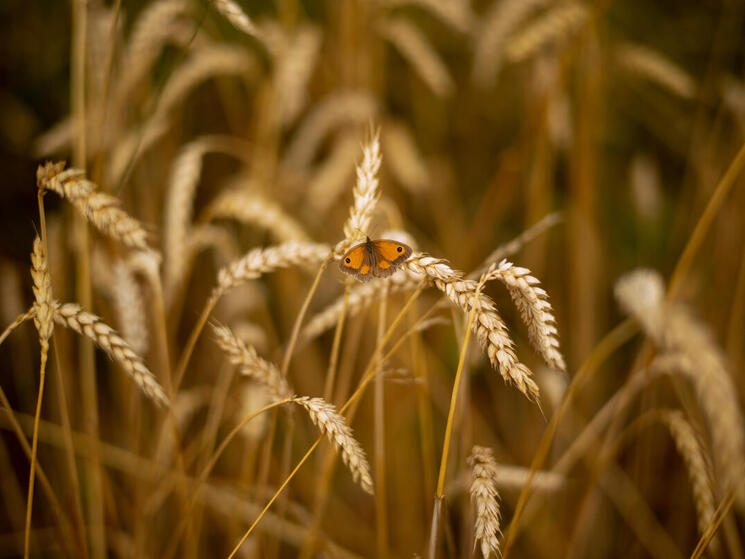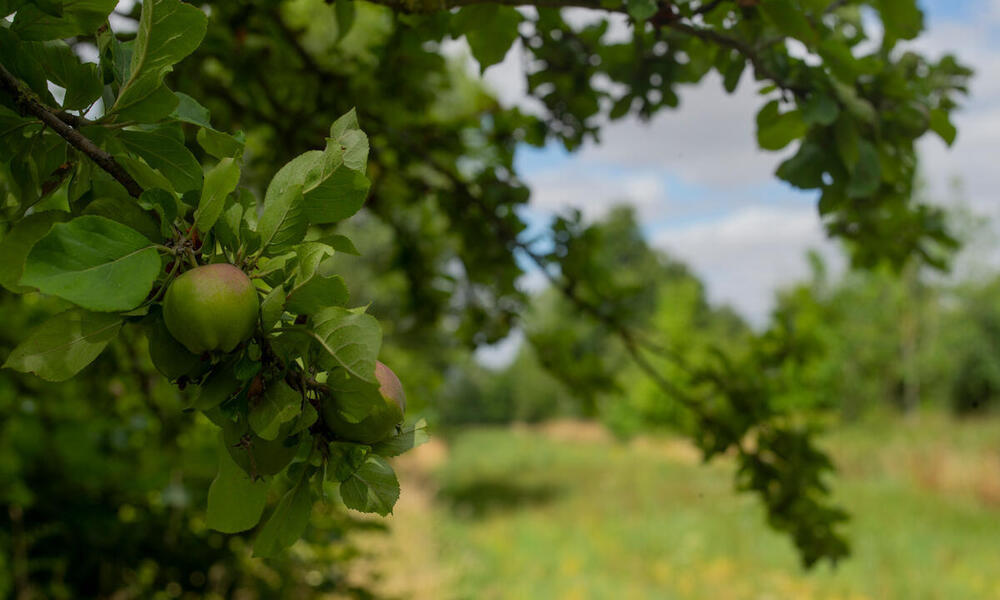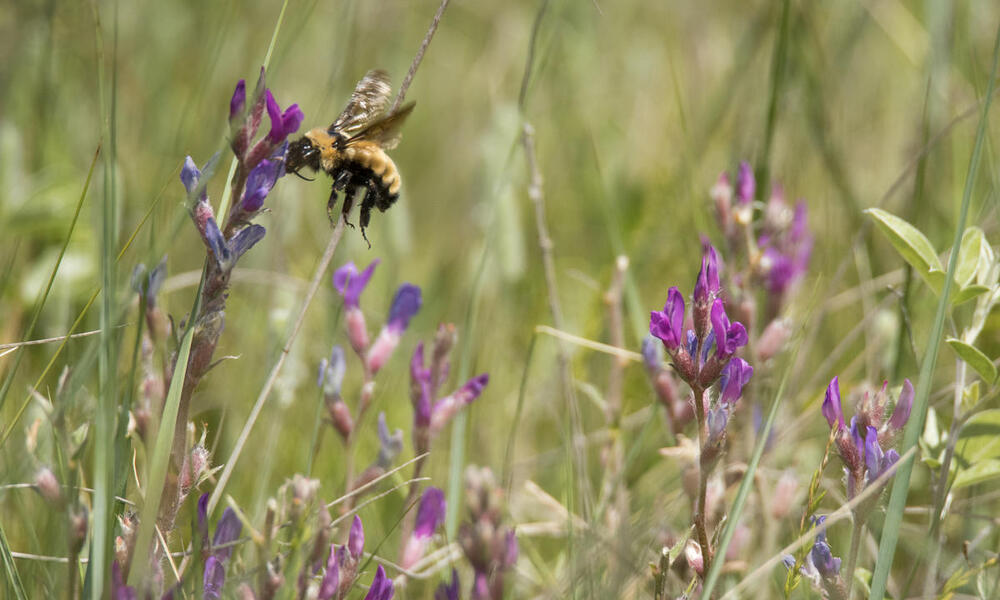
Embedding Circularity in the Path to Regenerative
- Date: 25 April 2023
- Author: Alex Nichols-Vinueza, Program Manager, Food Loss and Waste; Leigh Prezkop, Senior Program Officer, Food Loss and Waste
Thus far, the regenerative agriculture movement and its impacts on land rehabilitation have held little consensus. Many broadly reduce this farming approach to practices like no-till, crop rotations, and cover cropping with the simple purpose of reducing chemical and fertilizer inputs. Others underscore the movement's role in reorienting our production philosophies to emphasize reciprocal relationships with the environment and our food systems. For World Wildlife Fund, regenerative agriculture is centered on being deforestation and conversion free, rebuilding soil health, protecting water ecosystems, and supporting biodiversity, food producers, and agricultural communities.
As it stands, roughly 15% of all food produced is wasted at the farm stage, according to WWF’s recent Driven to Waste report. For farmers, this has meant the immediate loss of profits and reduced productivity in farmland over time. However, regenerative agriculture has the potential to revitalize ecosystem services and help reduce on-farm food loss and waste. To date, there has been limited research into how the farming methods associated with regenerative agriculture can reduce these adverse effects – and WWF aims to fill this gap.

WWF’s Food Loss & Waste team is launching a new study that examines the early results of producers’ transition to regenerative practices on local ecosystems, farm profitability, and in-field food loss. With the support of The Kroger Co. Zero Hunger|Zero Waste Foundation, WWF and partner researchers will explore regenerative farming techniques and their impact on yield rates and cost savings over the next two years. By analyzing the efforts among farmers pioneering the transition to regenerative, WWF will delineate the impacts of circular farming for growers interested in making the shift.
To conduct this research, WWF has partnered with companies who are at the forefront of the regenerative agriculture movement. Over the next two years, WWF will work in the field with Zirkle Fruit Company, Fresh Del Monte, Braga Fresh, and Shepherd’s Grain to understand the implication of various beneficial practices and food loss. By studying pollinator and natural enemy habitat augmentation in apples at Zirkle, and alternative crop rotations with Shepherd's Grain growers, this study can better depict the initial landscape of regenerative farming and communicate the unique crop-specific outcomes that farmers experience during the transition.

In 2024, this research will be developed into a final business case that provides a clearer picture of the environmental performance, challenges, benefits, and current loss levels associated with shifting to regenerative production practices. This report will also address the role of marketplace actors in supporting growers in full product utilization and introducing circularity into their path to regenerative farming. While the regenerative movement and its effects are still in the process of being defined, this research will provide essential background into the movement’s future role in food loss prevention and climate mitigation.